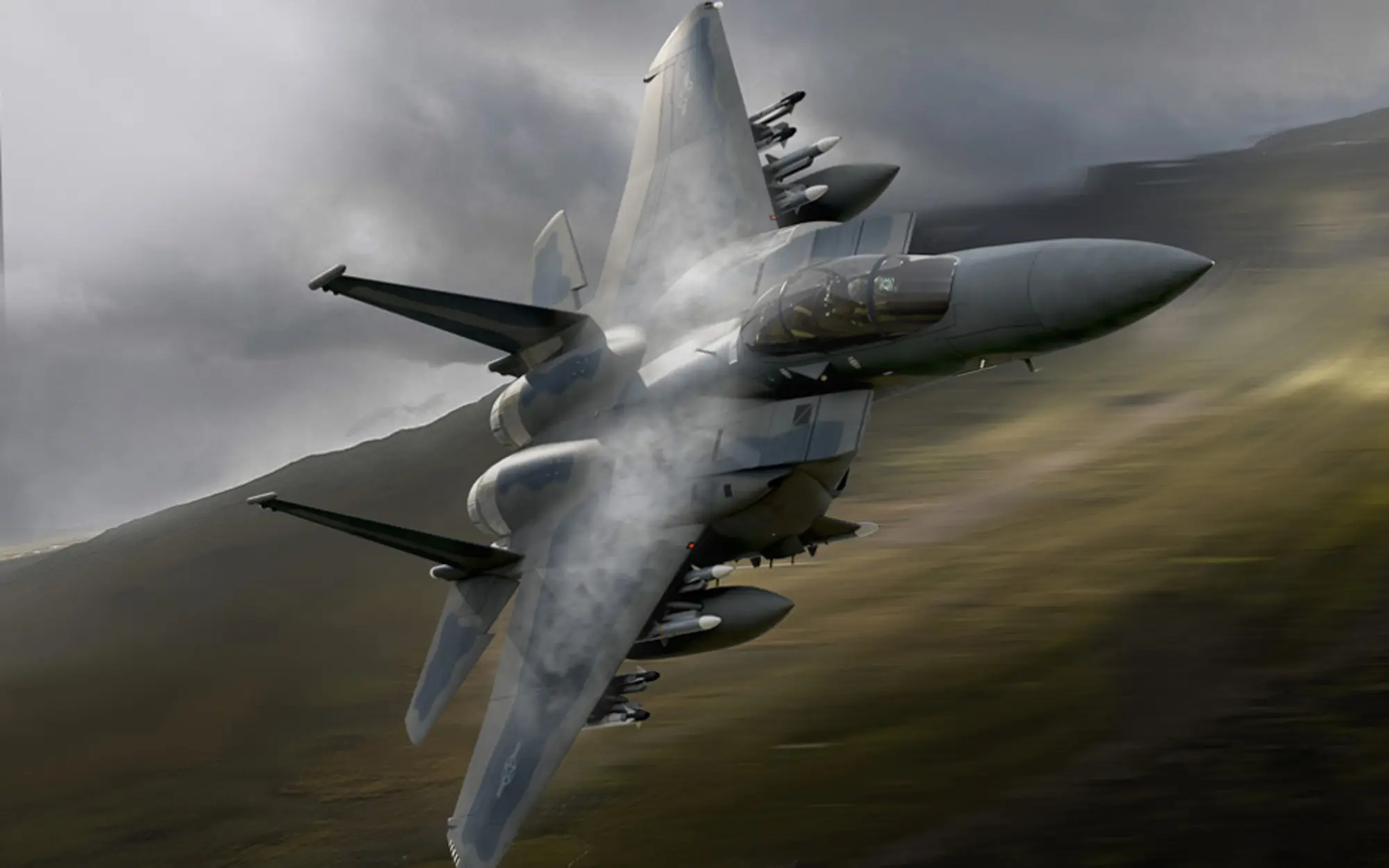In an unexpected reversal, Turkish President Recep Tayyip Erdogan made a major announcement, expressing his willingness to withdraw his veto on Sweden’s NATO membership, forgetting his demands for a European Union membership that he had expressed a few hours earlier.
This development theoretically opened the door for a possible transfer of advanced F-16 fighter jets from the United States to Turkey. However, it is important to note that this deal is far from being finalised and remains a possibility currently being considered by the Biden administration, pending consultations with the Congress led by the Democratic Bob Menendez.
The issue was raised by US National Security Advisor Jake Sullivan who confirmed that President Joe Biden has not set any conditions for the transfer of the fighters and is committed to proceed with the proposal for an upgrade and parallel procurement of F-16Vs from Turkey after discussions with Congress.
While the Biden administration took care to avoid explicitly linking the transfer of the fighter jets to Sweden’s NATO membership effort, Turkey’s decision to withdraw its opposition sends a message to the members of the US Congress who have the power to approve or reject such agreements.
Officials from NATO, the EU and the United States have worked diligently to find a solution that will assuage Turkey’s alleged concerns about Sweden. US President Joe Biden is reported to have personally addressed the issue by holding talks with Turkish President Erdogan at the NATO summit in Vilnius, Lithuania.
State Department spokesman Matthew Miller confirmed the information about Biden’s intention to give the “green light” for the Turkish F-16s during a recent press briefing. However, Miller acknowledged the complexity of the situation, as some members of Congress believe the transfer should not be linked to Sweden’s NATO membership and that there are more problems.
Turkey’s request for F-16s

Turkey’s request to buy 40 new F-16 Vipers (F-16 Block 70/72), along with some 80 modernisation kits for existing aircraft and a huge ammunition package to strengthen its Air Force, comes in the wake of Turkey’s decision to acquire Russian-made S-400 missile systems. That move resulted in the cancellation of an order for more than 100 F-35 fighter jets which Greece now wants in smaller numbers.
Senator Bob Menendez, the chairman of the US Senate Foreign Relations Committee, has expressed reservations about the possible sale of F-16 fighter jets. Menendez has consistently opposed the deal, citing Turkish President Erdogan’s behavior, which he perceives as disturbing and destabilizing both within Turkey and towards neighboring countries such as Greece and Cyprus. He warned that there will be consequences if the administration decides to override his veto on F-16s and does not ensure that there are security measures in any possible deal.
A decision on whether to approve the procurement of the F-16V fighter jets is expected to be made by next week as Congress considers the situation and the fate of the deal remains uncertain. It should be recalled that Turkey is sending Sweden’s NATO membership for ratification and that it has not yet definitively ratified it.
In conclusion, while the supply of upgraded F-16s from the US to Turkey is currently under consideration, it is crucial to stress that no final agreement has been reached. The outcome of the US Government’s discussions with Congress will be the deciding factor in the process.
Tell us what you think in the comments!


